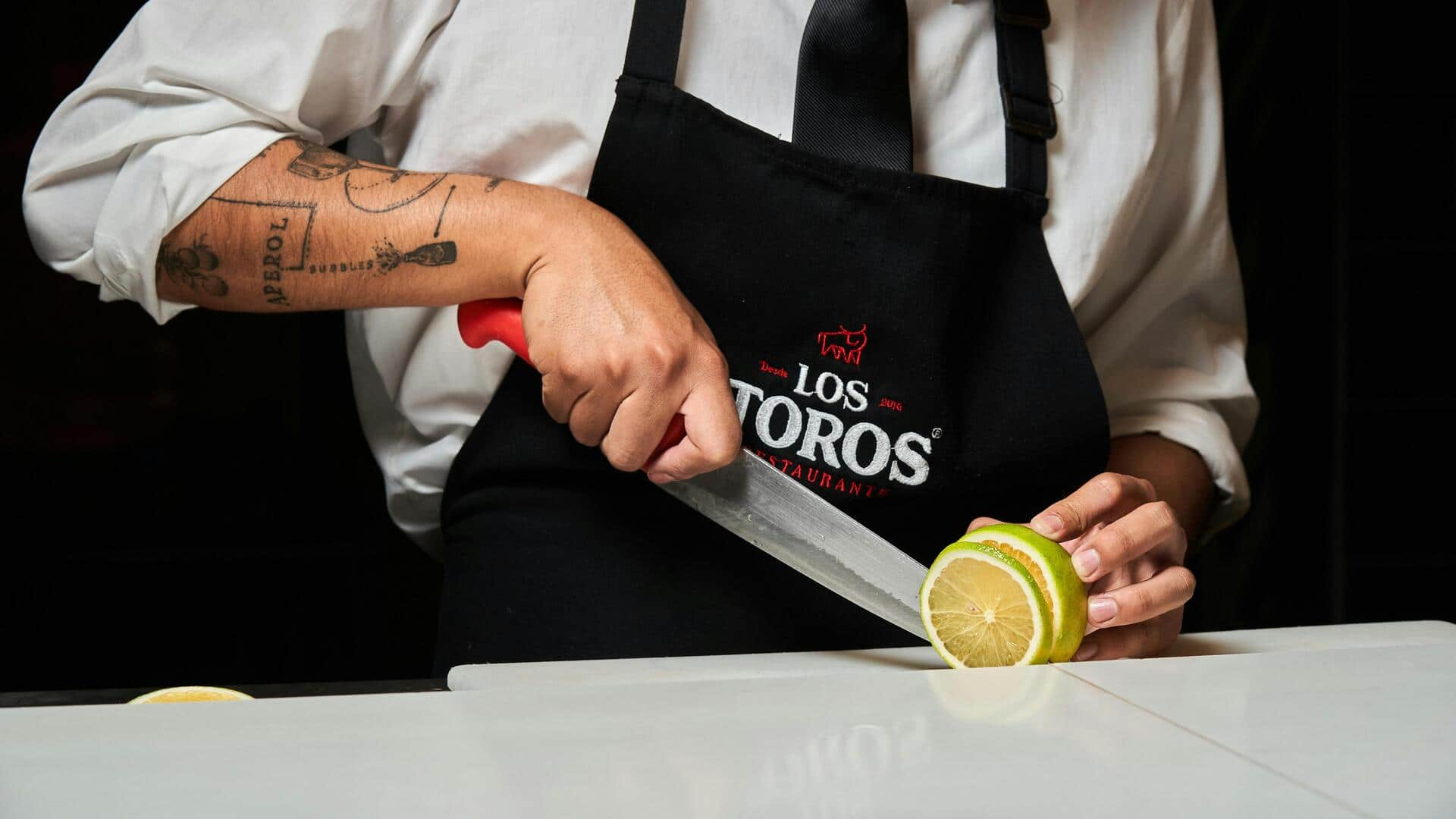
Master knife techniques for cooking
What's the story
African cuisine is famous for its rich flavors and diverse ingredients, and mastering knife skills is essential to prepare these dishes. Whether you are a novice or a seasoned cook, honing your knife skills can make a world of difference in the kitchen. Here are some practical tips to help you improve your knife techniques, making the preparation of African dishes easier and more efficient.
Tip 1
Choosing the right knife
Choosing the right knife is essential for effective chopping. A chef's knife is a versatile option that can be used for slicing, dicing, and chopping vegetables and fruits commonly used in African cuisine. A paring knife is ideal for peeling and intricate work. Make sure your knives are well-balanced and comfortable to hold to avoid fatigue during extended cooking sessions.
Tip 2
Mastering basic cuts
Mastering basic cuts is essential for consistency in cooking. Learn how to perform a julienne cut for thin strips, brunoise for small cubes, and chiffonade for leafy greens. Practicing these techniques regularly will improve your speed and precision over time. Remember that uniform cuts ensure even cooking and enhance the presentation of your dishes.
Tip 3
Maintaining knife sharpness
A sharp knife is not just safer but also makes cutting easier. Regularly sharpen your knives with a whetstone or honing steel to maintain their edge. Avoid using them on hard surfaces like glass or ceramic, as this can dull the blade quickly. A well-maintained knife reduces effort while chopping and improves accuracy.
Tip 4
Practicing safe handling techniques
Safety should always come first when handling knives in the kitchen. Always use a cutting board that provides stability during cutting tasks. Keep fingers curled under while holding food items to protect them from accidental cuts. Always store knives securely out of reach of children when not in use.